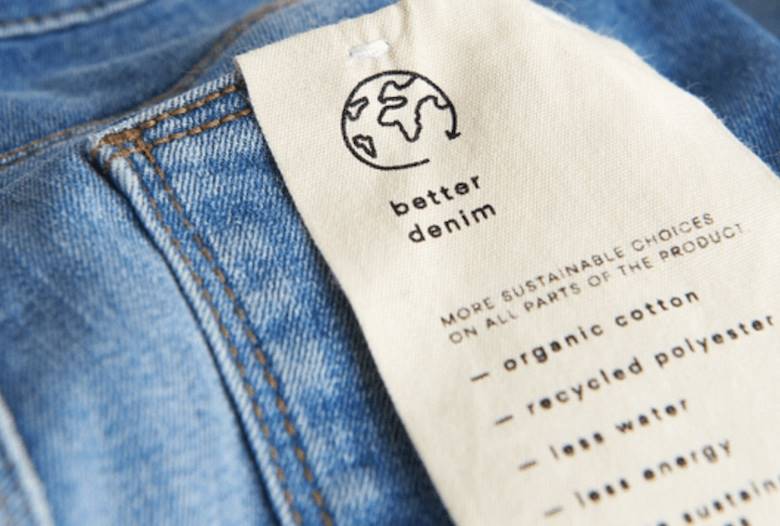Bestseller charts denim evolution in 2020 sustainability write-up

Brande, Denmark-headquartered fashion group Bestseller has shed light on where its denim brands are up to with their eco-conscious efforts in its recently released 2020 sustainability report.
According to the company, Jack & Jones “further tightened” the requirements for when a product can be called Low Impact Denim (LID), a concept which the denim brand has been working on “for the best part of a decade”, last year. Broadly speaking, fibre composition, fabric dyeing and finishing methods are all already taken into account.
LID products made up around 15% of Jack & Jones’ denim offering in 2020, Bestseller stated.
Meanwhile, the group’s Only brand launched Swan Jeans, which have been certified to both Nordic Swan Ecolabel and EU Ecolabel environmental standards from raw material to post-production waste. With Swan Jeans, all raw materials are either organic or recycled, a “clean” dyeing process uses “minimal” water, trims are all recycled (and recyclable) and the wash “involves low impact treatments”.
Unisex brand Selected furthermore notched what Bestseller described as two denim milestones. Namely, all cotton used to make Selected jeans is now organic, whereas all new jeans follow the brand’s Responsibly Washed process, a system which Bestseller said uses less water, less energy and less chemicals than conventional methods.
Finally, in 2020 Name It decided to set itself the goal of incorporating its Better Denim concept with every collection. Better Denim is Name It’s term for a process which “prioritises more sustainable materials and production processes for every element of the garment”.
This includes using a blend of organic cotton and recycled polyester, recycling water during the washing process and harnessing “advanced technologies” such as Waste-Heat-Recovery boilers at factory level. 76% of Name It’s cotton was farmed organically last year.
Across the board, 84% of cotton purchased by Bestseller in 2020 was sourced “more sustainably”. 23% of all cotton used was organic. The group also increased its use of manmade cellulosic fibres from 11% to 34% last year, with brands Vero Moda and Only respectively achieving 54% and 32% of their total supply.
In partnership with Dhaka-based recycled fibres specialist Cyclo, the group also developed a closed-loop system alongside its biggest jersey supplier in Bangladesh, GMS Composite Knitting, which allows for the recycling of Bestseller brands’ cutting scraps into usable cotton yarn and fabrics.
Regarding its use of polyester fibre, the report said that recycled polyester accounted for 10% of its total mix, with this increasing to as much as 33% (Selected) and 25% (Y.A.S.) for certain brands.
Image: Name It/Bestseller.










